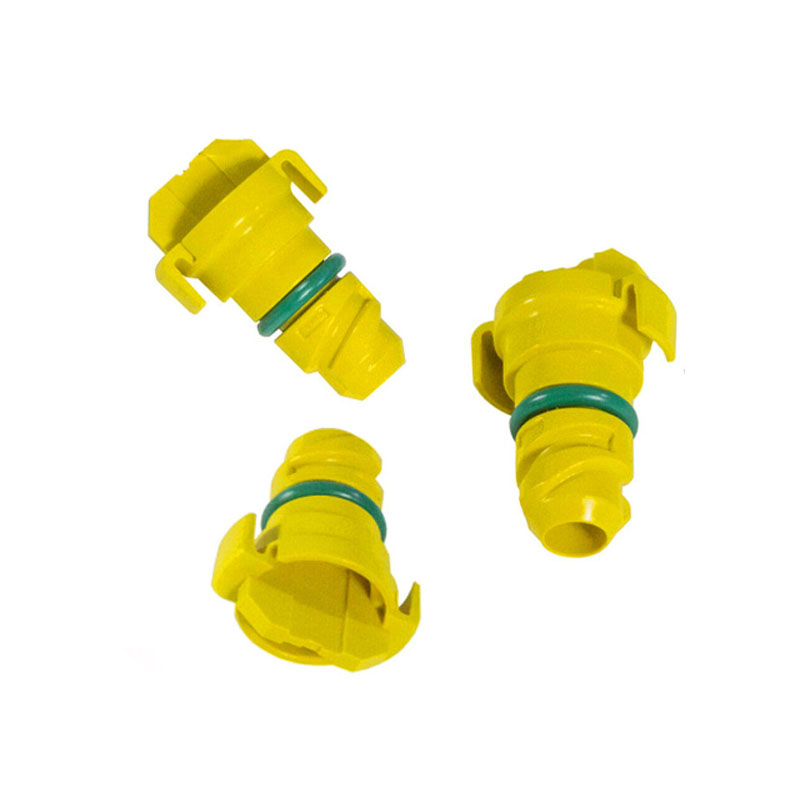Understanding the Function and Importance of Mechanical Oil Seals in Machinery
Understanding Mechanical Oil Seals A Comprehensive Overview
Mechanical oil seals are essential components in various machinery and equipment, primarily serving to prevent the leakage of lubricants and protect machinery from contaminants. These seals are critical in enhancing the efficiency, longevity, and reliability of mechanical systems. This article explores the functionality, types, applications, and importance of mechanical oil seals in engineering.
Functionality of Mechanical Oil Seals
At its core, a mechanical oil seal is designed to retain lubricating oil within a component while preventing dirt, dust, and water from entering. The seal operates by creating a barrier that circumvents the shaft, utilizing a flexible lip to maintain contact with the shaft surface. This contact is vital, as it ensures a reliable seal, minimizing any potential leakage. The design often incorporates a spring mechanism that exerts pressure on the sealing lip, enhancing the seal’s effectiveness over time, especially in dynamic applications where there is rotational movement.
Types of Mechanical Oil Seals
Mechanical oil seals come in various designs and materials, each tailored to specific applications and environmental conditions. The most common types include
1. Standard Oil Seals Typically made from rubber or elastomers, standard oil seals are widely used in automotive engines and machinery where temperatures and pressures are moderate.
2. Lip Seals These seals feature one or multiple lips, which provide excellent sealing capability against contaminants, making them ideal for heavy-duty applications and industrial machinery.
3. PTFE Seals Made from polytetrafluoroethylene, PTFE seals are highly resistant to chemicals and extreme temperatures. They are perfect for applications in the chemical processing industry.
Each type of oil seal is engineered to fit particular design criteria and operational environments, ensuring optimal performance where it's needed most.
mechanical oil seals

Applications of Mechanical Oil Seals
Mechanical oil seals play a pivotal role in various industries. Some notable applications include
- Automotive In vehicles, oil seals are used in the engines, transmissions, and differentials. They prevent the loss of engine oil and protect sensitive components from debris and contaminants, ensuring smooth operation.
- Industrial Equipment Machinery such as pumps, motors, and compressors rely heavily on oil seals to maintain lubrication and prevent wear and tear.
- Aerospace The aviation industry uses oil seals to ensure safe operation, particularly in engines and hydraulic systems. The ability to withstand extreme conditions is crucial in this sector.
- Marine In marine applications, oil seals protect against water ingress while retaining lubricant, which is critical for equipment operating in harsh environments.
Importance of Mechanical Oil Seals
The significance of mechanical oil seals cannot be understated. They not only enhance the performance of machinery but also contribute to safety, reliability, and cost-effectiveness. By preventing leaks, they reduce the risk of contamination and maintain optimal operating conditions, leading to prolonged equipment life. Moreover, effective seals contribute to lower maintenance costs by minimizing the frequency of repairs and replacements.
Furthermore, in today’s environmental climate, where leakage can lead to regulatory issues and environmental harm, the importance of high-quality oil seals is more pronounced. Reliable seals help companies comply with environmental regulations and minimize their ecological footprint, which is increasingly expected by consumers and governing bodies alike.
Conclusion
Mechanical oil seals are an integral part of modern engineering, serving a crucial role in the proper functioning of various machinery and equipment. Understanding their types, applications, and importance can aid in making informed decisions regarding maintenance and selection for specific applications. Investing in high-quality oil seals not only ensures operational efficiency but also protects the integrity of mechanical systems, ultimately contributing to the sustainability of engineering practices in various industries. As technology advances, the development of even more sophisticated sealing solutions will help meet the ever-evolving demands of industrial and automotive applications, ensuring that mechanical oil seals remain at the forefront of engineering innovation.
-
Simplifying Oil Changes: A Comprehensive Guide to Oil Drain Plugs and Their Variants
News Aug.04,2025
-
Mastering Oil Drain Maintenance: Solutions for Stripped, Worn, and Upgraded Oil Plugs
News Aug.04,2025
-
Fixing Oil Pan Plug Issues: Leaks, Stripped Nuts, and the Right Replacement Solutions
News Aug.04,2025
-
Everything You Need to Know About Oil Drain Plugs: Sizes, Fixes, and Upgrades
News Aug.04,2025
-
Choosing the Right Oil Drain Plug: A Guide to Sizes, Materials, and Drain Innovations
News Aug.04,2025
-
A Complete Guide to Automotive Drain Plugs: Types, Problems, and Innovative Solutions
News Aug.04,2025
-
The Ultimate Guide to Car Repair Kits: Tools and Essentials Every Driver Should Own
News Aug.01,2025
Products categories















